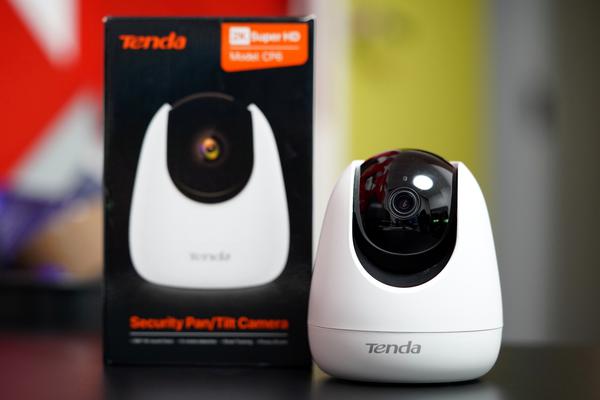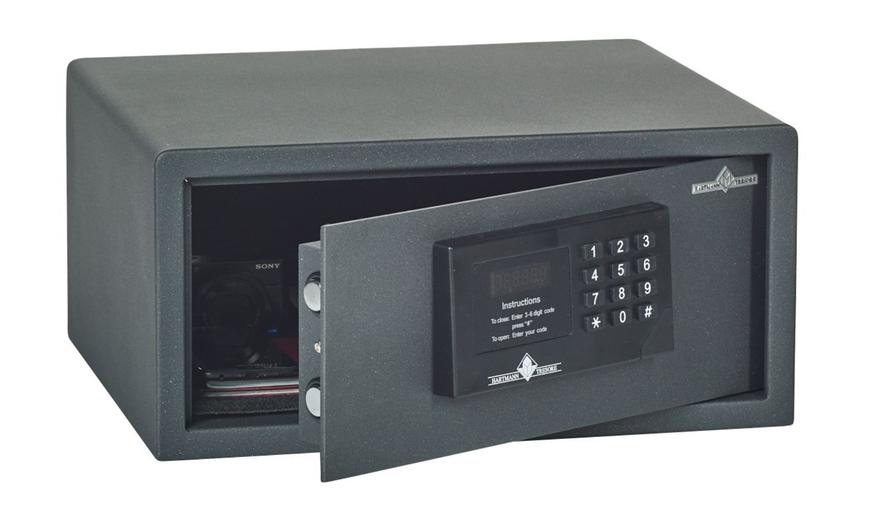They see everything, but they don't watch you.New cameras tested in Rome
Monitoring and Smart City systems arranged in cities can pose a threat to privacy.Devices using the Sony IMX500 sensor eliminate this problem.Their tests have just started in Rome
Sony launches tests of a new system supporting an intelligent city.Genius devices spaced in Rome equipped with Sony IMX500 optical sensors detect free parking spaces, count people waiting at the bus stop or warn drivers about pedestrians at the passage.New is the fact that these devices do not save and do not send an image of the environment anywhere - it is processed only inside the sensor.
In the case of a traditional intelligent city system, the image captured by monitoring cameras is sent to data centers in real time.Here, the software further processes, using artificial intelligence algorithms, recognizing objects and obtaining information needed for the work of a given system.
This approach is associated with several problems.First of all, technical, such as the fact that sending a large amount of high -quality video streams causes a huge load on network infrastructure.Secondly, a moral and legal nature, i.e. a violation of privacy and the possibility of using registered images for other purposes.

The Genius system proposed by Sony allows you to bypass both problems.This is possible thanks to the use of Sony IMX500 sensors, in which information processing occurs in an integrated chip with the photosensitive matrix itself.The system using the neural network is able to recognize objects and their mutual relations immediately after capturing the image, sending only metadata, i.e. information about what he "saw".
In practice, it looks like, for example, the IMX500 sensor, working in a system to monitor parking spaces, only provides information "parking space, occupied", "parking space, free", without sending any further or saving any photos or videos.Only text data are sent to the central system, which do not occupy many bandwidths, and also do not contain any information about which car took or released the parking space, or who ran it.
The purpose of the tests that is just beginning in Rome is to check three system functions in practice.The first of them allows you to monitor free parking spaces and provide information about their availability and location to the application.Drivers using it will be able to avoid long -term search, during which they not only waste time, but also burn fuel, producing pollution.
The second function is optimization of public transport capacity: Genius counts people waiting at the bus stop and getting on the bus, enabling response to the increase or decrease in demand.The third of the tested functions consists in the fastest and most effective detection of people entering the pedestrian crossing, and starting the lighting system to warn the driver about their presence.
The Roman test installation is a joint undertaking of several Italian startups and Sony Europe.








